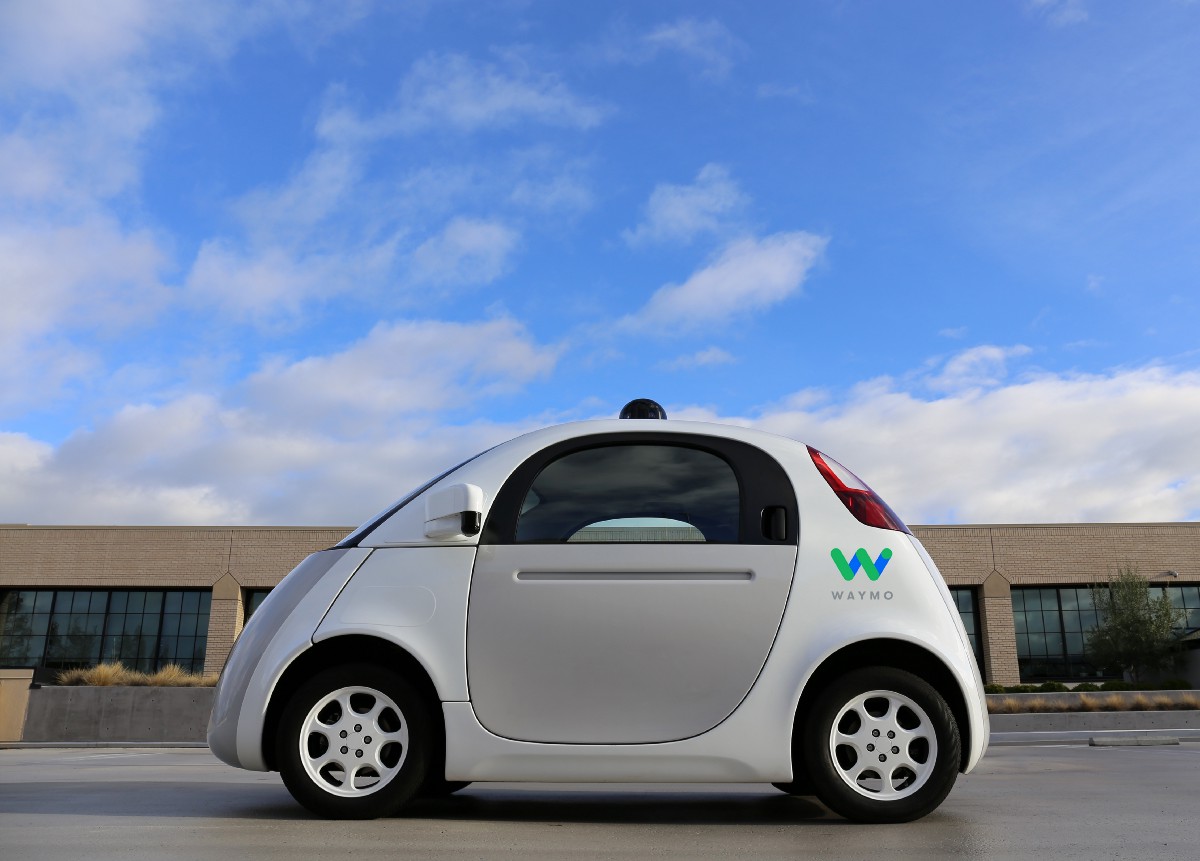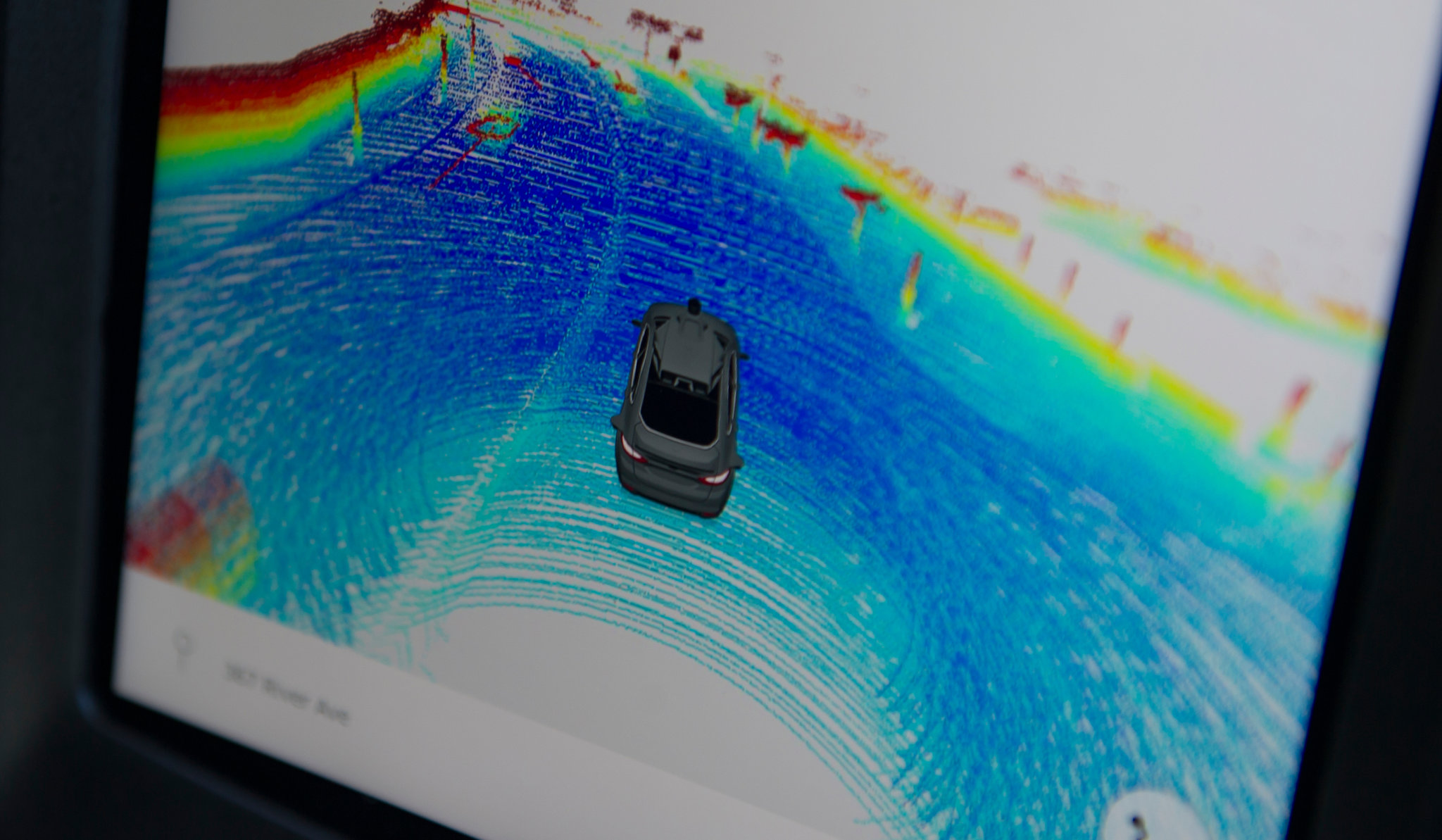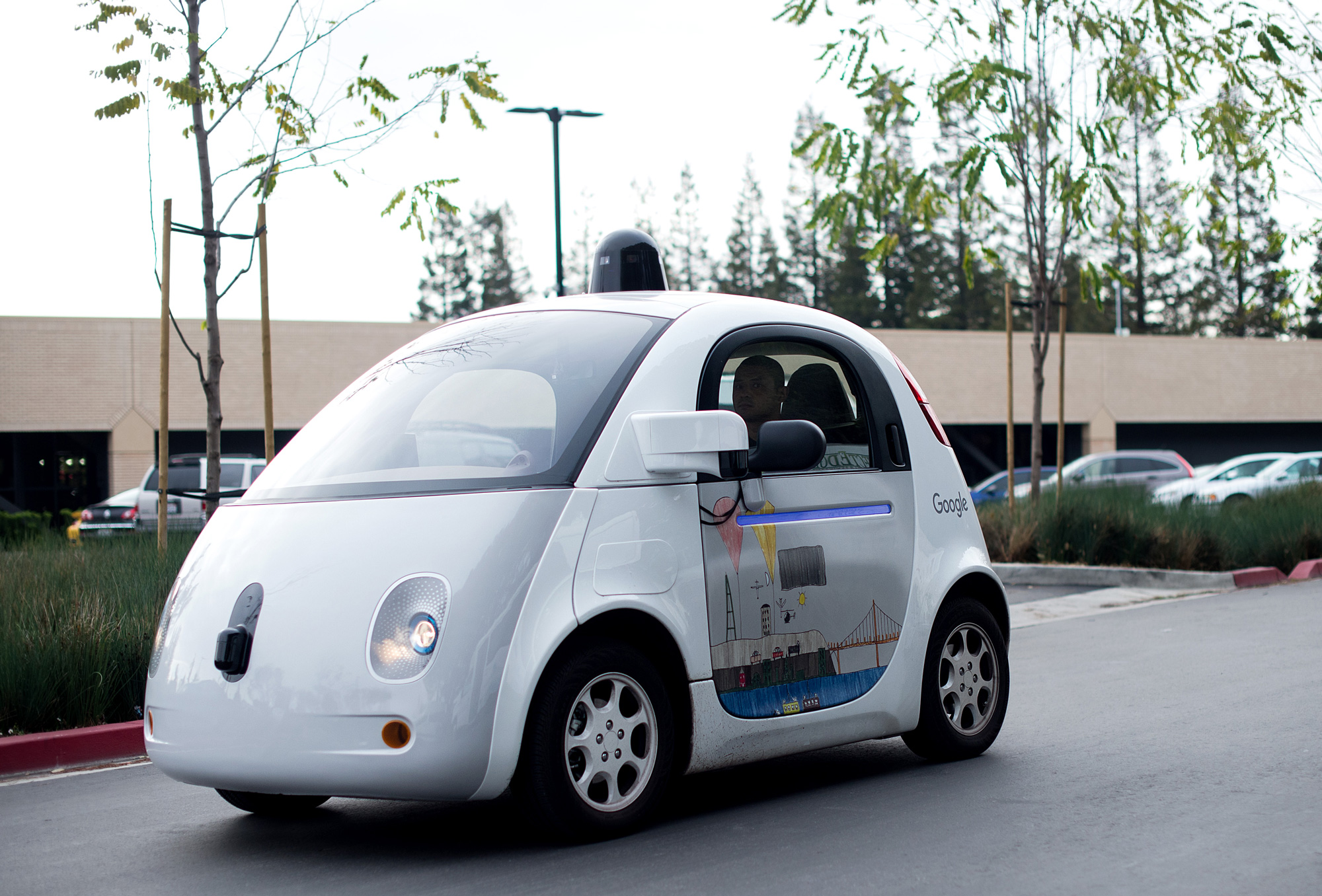Google drones got legal entity: Waymo

The prototype of the Waymo unmanned vehicle The
project for creating Google robotic cars went seventh year, it has long outgrown the stage of the experiment. This is a very promising business. Just a few days ago, the first US state allowed the sale of serial unmanned vehicles and their commercial operation , including in unmanned taxi mode on call.
It's time to move from research and testing to commercial exploitation, especially since Alphabet CFO recently stung funding for Google’s research projects . Everything should be profitable. Yesterday, Alphabet Corporation announced the separation of the project of unmanned vehicles into a separate independent company. The company was named Waymo .
According to experts, the formation of a separate legal entity for the project of unmanned vehicles indicates the desire of owners to finally monetize their valuable scientific research. Monetization methods can be different, for example, licensing of intellectual property. But it is very likely that Google (more precisely, Waymo) came close to the release of commercial robotic vehicles.
In this area Waymo will have to face fierce competition from several companies that are also developing unmanned vehicles and, in particular, intend to organize unmanned taxi fleets in major US cities. Of course, first of all, these are Tesla Motors and Uber. Those are already preparing for competition among themselves. So, the license agreement for Tesla full autopilot explicitly statesthat the owner agrees not to send his autopilot to work in a competitor’s park, but to use it only in the Tesla Networks unmanned network. In September 2016, Uber launched the first unmanned taxi tests in Pittsburgh .

Uber drone display with machine vision monitor during tests in Pittsburgh, September 12, 2016. Photo: Jeff Swensen / The New York Times
Another potential competitor is called Apple, which is also developing an unmanned vehicle, throwing hundreds of engineers on this project .
“[Formation of a separate legal entity] is an indication of the maturity of our technology, ” saidCEO of the new company John Krafcik yesterday at a press conference in San Francisco. - We can imagine that our unmanned technology is used in all areas ... [This step demonstrates] the confidence that we are close to bringing this [technology] to the mass market. We have reached a kind of inflection point. "
John Krafchik joined the company in August 2015, before that he was a top manager of Hyundai Motor.
Until now, the drone program has been a relative secret research unit within Google X. Now everything will change. It's time for commercial work. The executive director promised "soon" to determine the timing when exactly the technology will be ready to enter the mass market. He emphasized several times that the company is not interested in the production of cars, but only in the development of technologies for autopilot. Possible applications of the autopilot include ride-sharing, passenger transportation, freight transport, transportation, logistics, and personal use. Partners will help in the production of Waymo machines. The first of these was the Fiat Chrysler company, with which in May 2016 an agreement was signed to equip the first hundred Fiat Chrysler minibuses with autopilot.
The name Waymo is short for “A new way forward in mobility,” Krafchik said.
Since 2009, Google / Alphabet cars hit unmanned mode 3.7 million km on public roads and test sites in California, Arizona, Texas and Washington, as well as more than 1.6 billion km in computer simulation mode (in 2016). Now cars are being tested in the most difficult scenarios that a robotic car may encounter in real road conditions. About 60 Google cars (now Waymo cars) are tested on public roads.

Last year, Google expanded the drone development program, expanded the staff of engineers, and doubled the number of test centers for testing cars in the US from two to four. To develop a monetization plan in August 2016, former Airbnb CEO Shaun Stewart was invited to work as a director. A month earlier, the company introduced the position of legal director and for the first time appointed a chief lawyer for this project. Waymo's Technology Director is Dmitry Dolgov , a 2000 graduate of the Moscow Institute of Physics and Technology.
So, step by step, we are getting closer to the future, when a person driving a car will look archaic, causing only fear among others. Now, road accidents take more lives than all wars and terrorism. Damage to the economy from traffic accidentscomparable to overall health care costs . Each year, about 1.4 million people die in traffic accidents .
